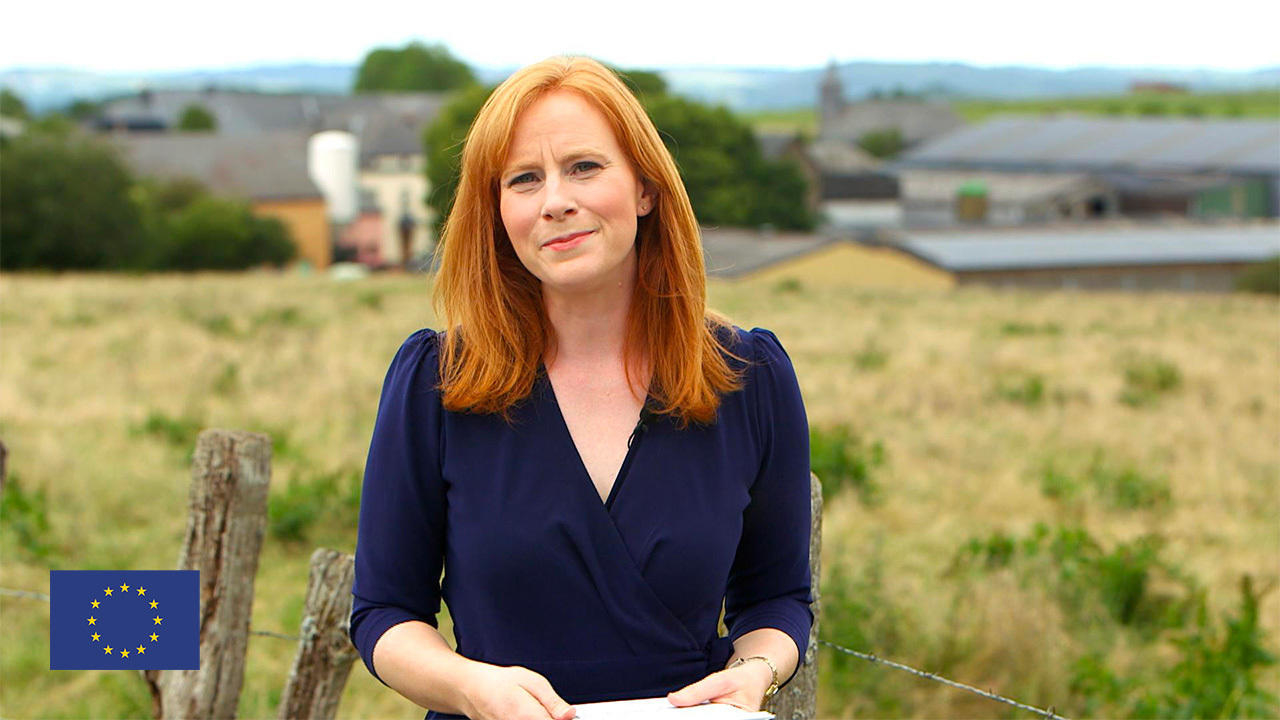Issued on: 20/07/2020 – 12:09
Remember the rush on supermarkets, as corona-panic swept across the world? Well in landlocked Luxembourg, the potential for a food shortage crisis was real and present.
Advertising
Luxembourg produces more beef and milk than it needs domestically, but almost zero fruit and vegetables, thanks to normally fluid European supply chains.
But when France, Germany and Belgium closed their borders to stop the virus spreading, that left Luxembourg temporarily cut off.
Our special show this month takes a look at how Luxembourg overcame those challenges – and how it can deal with the impact of the pandemic on its food supply.
In part one of the show, we speak with Luxembourg's Agriculture Minister, Romain Schneider, about how his country had to negotiate with neighbouring countries to keep the borders open and protect their farm sector.
And the EU's Commissioner for Agriculture, Janusz Wojciechowski, maps out the EU's plans to help the farming sector in the wake of Covid-19, including the new proposal of €26.5 billion extra for Common Agricultural Policy funding.
Our reports take a closer look at how farming in Luxembourg is totally reliant on the freedoms of the Schengen zone – with farmers owning fields in other countries and needing farm labourers from other EU countries.
And we take a look at how the EU's emergency funding measures for the agricultural sector are needed in other European countries, like Spain.
Read More – Source
Issued on: 20/07/2020 – 12:09
Remember the rush on supermarkets, as corona-panic swept across the world? Well in landlocked Luxembourg, the potential for a food shortage crisis was real and present.
Advertising
Luxembourg produces more beef and milk than it needs domestically, but almost zero fruit and vegetables, thanks to normally fluid European supply chains.
But when France, Germany and Belgium closed their borders to stop the virus spreading, that left Luxembourg temporarily cut off.
Our special show this month takes a look at how Luxembourg overcame those challenges – and how it can deal with the impact of the pandemic on its food supply.
In part one of the show, we speak with Luxembourg's Agriculture Minister, Romain Schneider, about how his country had to negotiate with neighbouring countries to keep the borders open and protect their farm sector.
And the EU's Commissioner for Agriculture, Janusz Wojciechowski, maps out the EU's plans to help the farming sector in the wake of Covid-19, including the new proposal of €26.5 billion extra for Common Agricultural Policy funding.
Our reports take a closer look at how farming in Luxembourg is totally reliant on the freedoms of the Schengen zone – with farmers owning fields in other countries and needing farm labourers from other EU countries.
And we take a look at how the EU's emergency funding measures for the agricultural sector are needed in other European countries, like Spain.
Read More – Source











